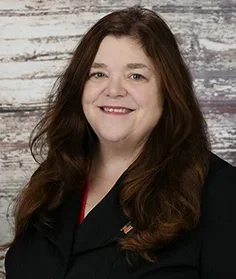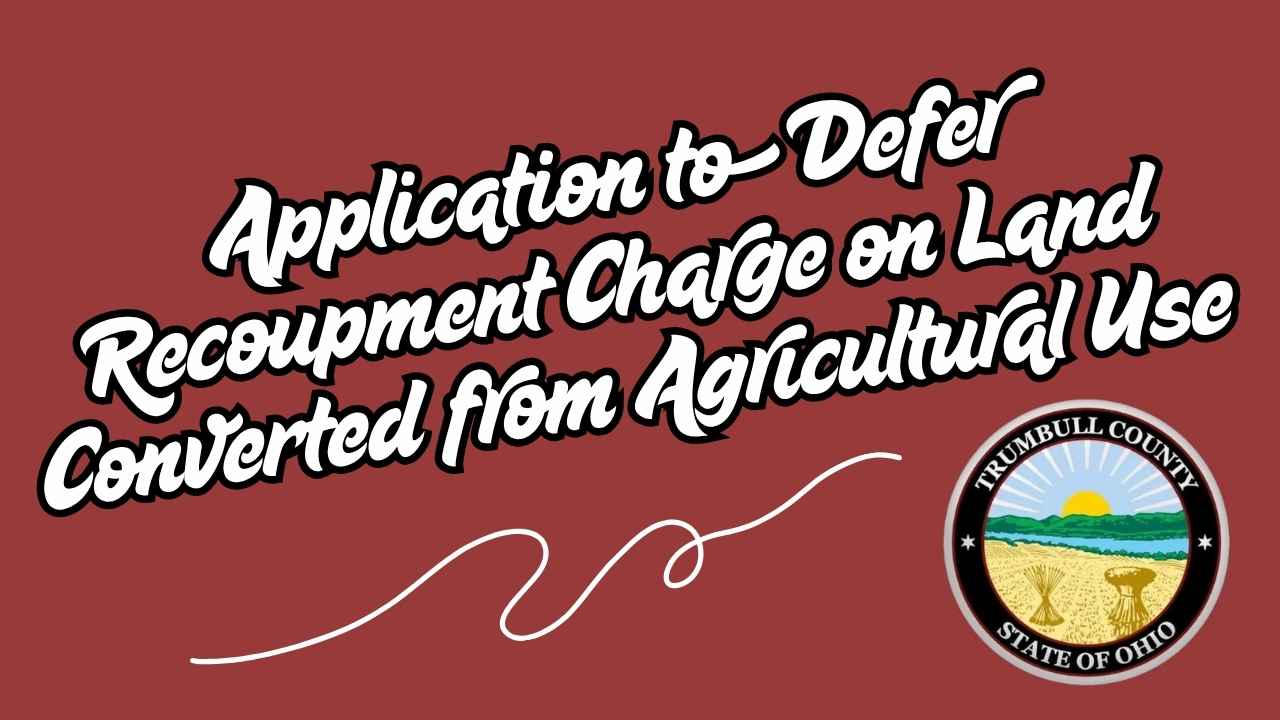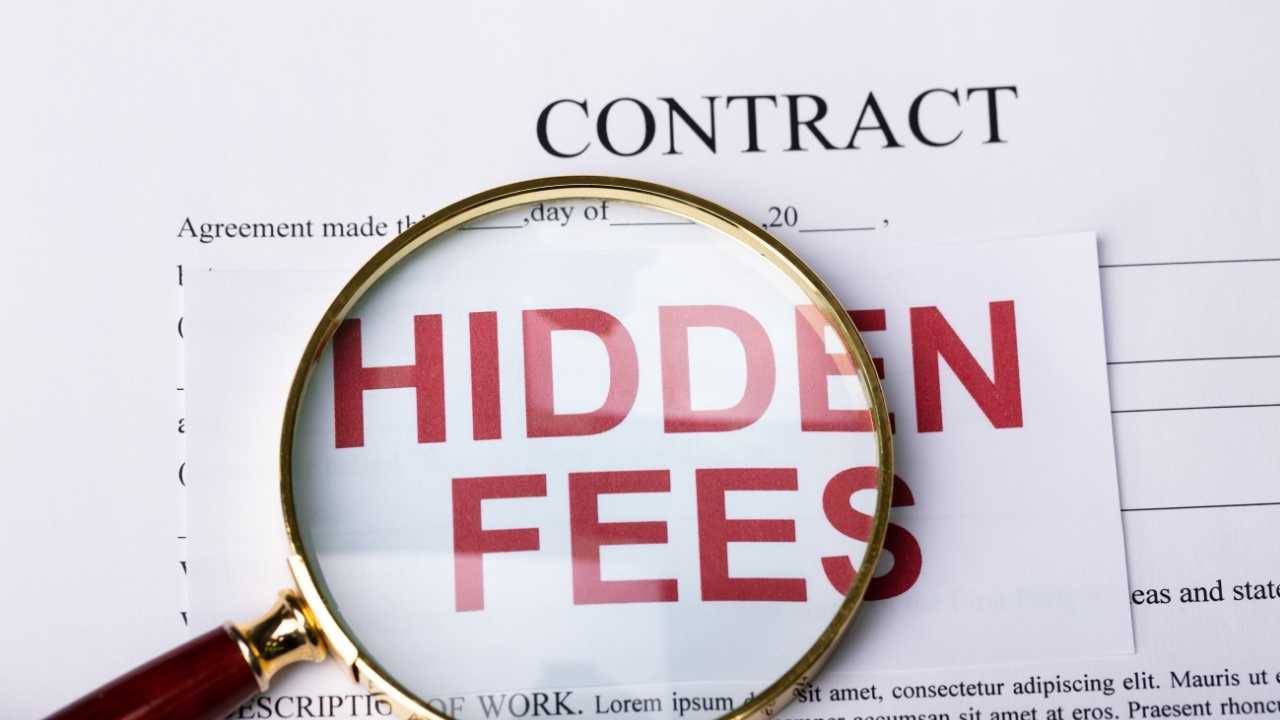In Trumbull County, Ohio, landowners converting agricultural land face a recoupment charge. This charge is for tax savings from the past three years. To delay this charge, landowners can apply through the Trumbull County Auditor’s Office. They use Form DTE 115, available from January to March.
What Is the CAUV Program?
The CAUV program in Ohio taxes agricultural land based on its farming value, not market value. This lowers property taxes for working farms. In Trumbull County, it supports farmers growing crops, raising livestock, or producing timber.
Why Does Conversion Trigger a Recoupment Charge?
When CAUV land is changed to non-agricultural use, like housing or commercial development, a recoupment charge applies. This charge is for the tax savings over the past three years. It ensures fairness when land no longer gets the CAUV tax break.
Recoupment Charge
The recoupment charge is based on the difference between CAUV and market value for the past three years. For example, if taxes were lowered by $2,000 annually, the recoupment could be $6,000. This charge becomes a lien on the property.
What Is a Deferment Application?
A deferment application (Form DTE 115) lets landowners delay paying the recoupment charge. It’s helpful if the conversion is temporary or if immediate payment is hard due to financial hardship. The Trumbull County Auditor’s Office handles these applications.
Eligibility for Deferment
Not all landowners can get a deferment. The land must have been in the CAUV program and converted to non-agricultural use. You must also have a valid reason for deferment, like economic hardship or planned agricultural restoration.
How to Apply for Deferment in Trumbull County
To apply, visit the Trumbull County Auditor’s Office or their website, trumbullcountyauditor.org. Applications are accepted from January to March. There’s no fee for the deferment application itself.
Steps to Apply for Deferment
- Obtain Form DTE 115: Download it from trumbullcountyauditor.org or pick it up at 160 High Street NW, Warren, OH.
- Complete the Form: Provide details about the land and the reason for conversion.
- Submit by Deadline: File by the first Monday in March for the current tax year.
Required Documents for Deferment
You’ll need to submit proof of CAUV enrollment and details of the land’s conversion. This may include property records, tax bills, or plans for future use. Contact the Auditor’s Office at (330) 675-2420 for specific requirements.
What Happens After Applying?
The Auditor’s Office reviews your application. If approved, the recoupment charge is deferred, but it remains a lien on the property. You’ll receive a notice of approval or denial within a few weeks.
Common Reasons for Land Conversion
Land conversion often happens for residential development, commercial projects, or infrastructure like roads. In Trumbull County, urban growth in areas like Warren and Niles drives some conversions. Smaller parcels may also be sold to new owners who don’t qualify for CAUV.
Examples of Non-Agricultural Uses
- Building homes or apartments.
- Constructing businesses or factories.
- Developing land for roads or utilities.
Benefits of Deferring the Recoupment Charge
Deferring the charge can ease financial strain. It gives landowners time to plan, even if the conversion is temporary. For example, a farmer might pause agricultural use for a year but plan to resume later.
Risks of Not Applying for Deferment
If you don’t apply for deferment, you’ll face a recoupment charge. This charge adds to your tax bill. If not paid, it can lead to penalties or unexpected costs.
The charge stays as a lien until it’s fully paid.
CAUV Program Requirements in Trumbull County
To stay in the CAUV program, your land must be at least 10 acres. It must be used for commercial agriculture for three years. Smaller parcels qualify if they make $2,500 a year.
Annual renewals are needed to keep your spot in the program.
Annual Renewal and Recoupment Risks
Missing the renewal deadline means losing your tax reduction. The Auditor’s Office sends renewal forms in January. If you miss it, you’ll have to pay back three years of savings.
How CAUV Values Are Determined
CAUV values are based on soil type, region, and agricultural prices. The Ohio Department of Taxation updates these values every three years. In Trumbull County, soil types like Mahoning silt loam play a big role.
Factors Affecting CAUV Value
- Soil Type: Different soils grow different crops, affecting value.
- Commodity Prices: Prices for crops like corn and soybeans impact taxes.
- Land Capability: How well the land can grow crops matters too.
CAUV Eligibility Criteria in Trumbull County
| Criteria | Requirement |
|---|---|
| Minimum Land Size | 10 acres (or 11 with a home site) |
| Small Parcel Income Requirement | $2,500 average gross income per year for parcels under 10 acres |
| Agricultural Use Duration | Exclusive commercial agricultural use for 3 consecutive years |
| Application Period | First Monday in January to first Monday in March |
| Initial Application Fee | $25 (no fee for renewals) |
Agricultural Districts in Trumbull County
Joining an agricultural district offers extra benefits. It shields you from nuisance lawsuits. It also lets you delay payments for utilities. The rules are similar to the CAUV program.
How Agricultural Districts Relate to Deferment
Land in an agricultural district might have more deferment options. For example, you can delay utility assessments if the land stays for agriculture. This helps with the CAUV deferment.
Consequences of Converting Land Without Deferment
Converting land without deferment leads to immediate recoupment. The charge goes straight to your tax bill. If unpaid, it accrues interest, creating a financial burden.
Temporary Land Conversion Rules
Land can be idle for one year without losing CAUV status. You just need to explain it in writing. In the second year, you must show good cause to the Board of Revision. By the third year, the land must go back to agriculture.
Financial Impact of Recoupment Charges
Recoupment charges depend on tax savings. For a 20-acre farm saving $1,500 a year, the charge could be $4,500. Delaying this cost helps manage cash flow during changes.
Tips for Successful Deferment Applications
- File Early: Submit Form DTE 115 before the March deadline.
- Provide Clear Reasons: Explain why you need the deferment.
- Keep Records: Document CAUV enrollment and land use changes.
Common Mistakes to Avoid
Many landowners forget to renew their CAUV application every year. Others don’t report land use changes, leading to recoupment. Always check with the Auditor’s Office to stay compliant.
Community Impact of CAUV in Trumbull County
The CAUV program helps Trumbull County’s farmers by lowering taxes. This helps keep farmland as the area grows. Deferment options also protect farmers facing financial issues.
Other Tax Relief Programs in Trumbull County
Trumbull County has programs like the Homestead Exemption for seniors and disabled homeowners. These can add to CAUV benefits. Visit trumbullcountyauditor.org for more on eligibility.
Environmental Considerations
Changing agricultural land can harm soil health and local ecosystems. Deferring recoupment gives time to plan sustainable land use. For example, restoring farmland later can keep soil fertile.
Planning for Land Conversion
Before changing land, talk to the Trumbull County Planning Commission. They offer zoning and land use advice. This ensures you follow local rules and avoid tax penalties.
Role of the Ohio Department of Taxation
The Ohio Department of Taxation sets CAUV values and rules. Trumbull County follows these to ensure fair taxes. Values are updated every three years during reappraisal cycles.
How Deferment Affects Property Taxes
Deferring the recoupment charge doesn’t wipe it out. The charge stays as a lien until paid. But, it prevents sudden tax bill increases, giving landowners time to adjust.
Legal Protections for Farmers
Joining an agricultural district gives farmers legal protection against nuisance lawsuits. This is key in Trumbull County, where urban and rural areas meet. It helps farmers keep working on their land.
Economic Factors in Land Conversion
In Trumbull County, rising land values might push farmers to sell or change their land use. Deferment helps balance these economic pressures. It gives time to look into leasing or conservation programs.
Community Resources for Landowners
The Trumbull County Farm Bureau offers help on CAUV and agricultural districts. They hold meetings to discuss tax policies and land use. Contact them for local support.
Future of CAUV in Trumbull County
As Trumbull County grows, the CAUV program is more important than ever for farmers. New deferment options will help farmers use land in a sustainable way. Keep up with the latest news at trumbullcountyauditor.org.
Conclusion
Applying to defer the recoupment charge in Trumbull County is easy with Form DTE 115. It helps farmers deal with costs when changing land use. Knowing CAUV rules and deadlines helps landowners keep their finances safe and support Trumbull County’s farming tradition.




